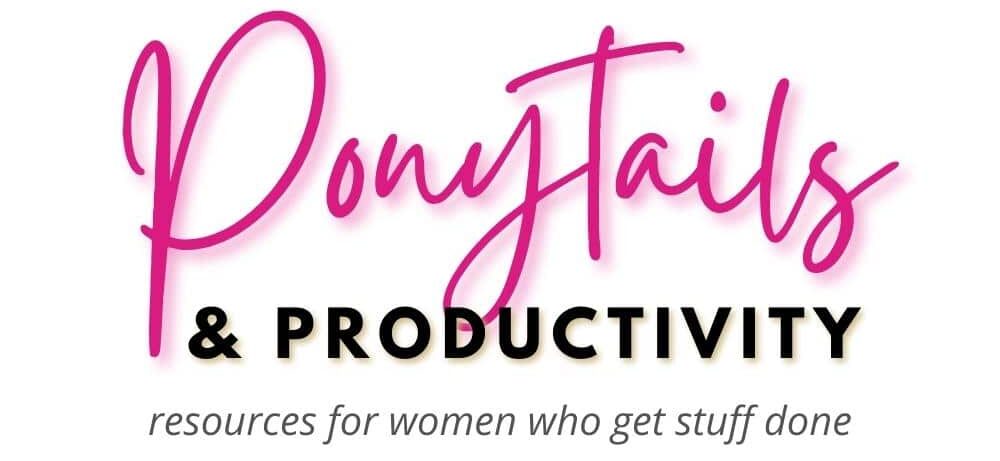Confidence is the Key to Success: How to Sound More Confident
Confidence is key to success when it comes to communication.
If you want to be successful in business and in life, you need to be able to communicate effectively.
Confidence is one of the most important aspects of communication.
If you don’t believe in yourself, no one else will.
In this blog post, we will discuss some tips on how to be more assertive in any situation.
Confidence is the Key to Success
Follow these tips, and you will be able to communicate with confidence and authority!
5 ways to sound more confident
- Speak clearly.
- Enunciate your words-stop mumbling!
- Avoid using slang.
- Clarify your comments.
- Practice, practice, practice!
Let’s go through these 5 ways to sound more confident one by one.
1. Speaking clearly helps you sound more confident
One of the biggest confidence busters is someone who just can’t seem to get words out of his or her mouth.
They speak quietly, they slur their words together, or they just don’t speak each word in a sentence very clearly.
When you are speaking to someone, whether one on one or whether you are giving a presentation to a larger group of people, make sure that you project your words confidently.
This doesn’t mean that you are shouting everything that you say!
Instead, make sure that your voice is mildly loud, so that everyone can hear it, but also clear.
Avoid “salesperson voice”, and instead strive to be genuinely clear.
For more tips on vocal first impressions and how to sound good on the phone, check out this great Youtube clip from Vanessa Van Edwards:
This leads us directly to our next tip, which is:
2. Enunciating your words and cutting out mumbling will help you sound more confident.
How many times have you had a business meeting with someone and you just couldn’t understand what they were saying to you, so you decided not to go with their bid?
If they aren’t confident in what they are pitching or explaining to you, how can you be confident too?
How you speak is just as important as what you say. Many people make the mistake of mumbling or speaking too softly, which can be difficult to understand.
Enunciating your words clearly will help your listener understand you better and make a good impression.
When you speak, be sure to open your mouth wide enough so that your listener can see your tongue and teeth.
This may seem exaggerated, but it really does help!
Practice making different shapes with your mouth while saying various vowels and consonants.
Pay attention to how these sounds are produced in the mouth, and try to mimic them.
Make sure that you enunciate each and every word that you use. Endings of words particularly get lost in sentences, so don’t overemphasize the endings of your words, but make sure that those endings are there.
Don’t mumble.
Speak up.
Make sure that those around you can hear you.
You don’t have to be overbearing, but mumbling indicates nervousness and insecurity. Avoid it.
3. To sound more confident, avoid slang.
Avoiding slang in your speech will help you sound more intelligent, polished, and confident.
Slang also includes filler words such as “like” and “you know” and anything else that is extraneous.
Have you ever spoken with someone who says “like” every other word? If so, you know how annoying and unprofessional it can be.
As good rule of thumb is that if your teenager uses the word in daily speech, you probably should avoid using it as we all know how much teenagers are the ultimate slang user.
Instead, emphasize proper grammar.
Using slang and other filler words make it seem as if you have no other, more refined way to express yourself.
You come off as not quite as competent as others might be, or as polished.
Avoiding slang instills trust.
Other people will be impressed by your calm assurance and your ability to rise above the pitfalls of everyday speech.
You will come across as someone who can be trusted to communicate effectively with others in your every day duties.
4. Clarifying your comments can help you sound more confident.
If the above tips seem somewhat self evident, here’s one that most people overlook.
When someone asks you a question, do you simply answer with a basic yes or no?
In order to sound more confident and more assured, clarify your comment.
Complete the statement with, “Yes, I read that report just the other day.”
Or you could say, “No, I haven’t ever met John, but I’ve heard a lot about him.”
Clarifying your comments encourages conversation.
A simple yes or no is too blunt, and makes it seem as if you don’t know what else to say, and are uncomfortable with the situation that you are in.
Completing your statements gives a great impression, and is absolutely necessary in any work situation, sales pitch, presentation, or interpersonal communication.

5. Practice, practice, practice!
Just like anything else, good, confident communication requires practice.
Listen to yourself speak.
Practice using these different techniques.
Develop a manner of speaking that is friendly, confident, and not fake or overbearing.
Ask someone you trust to give you pointers and tell you what they really think.
As I mentioned earlier though, you might not want to take advise from a teenager! Ask someone a little older and more professional for best results.
Confidence is the Key to Success: How to Sound More Confident
Looking and sounding confident is important because it inspires trust in other people, and also makes you feel better about yourself.
It can be the difference between getting the job or getting your point across effectively.
With a little mindfulness and practice you can sound more confident and be more confident.
Looking for some more ways to build your confidence?
Check out these posts:
- How to Love Yourself and Be Confident
- How to Be Brave and Get Out of Your Comfort Zone
- 11 Affirmations for Confidence to Help You Believe in Yourself
- Confidence Building Exercises to Boost Your Self-Esteem
and our quick course on confidence!
Save this post on Pinterest:









